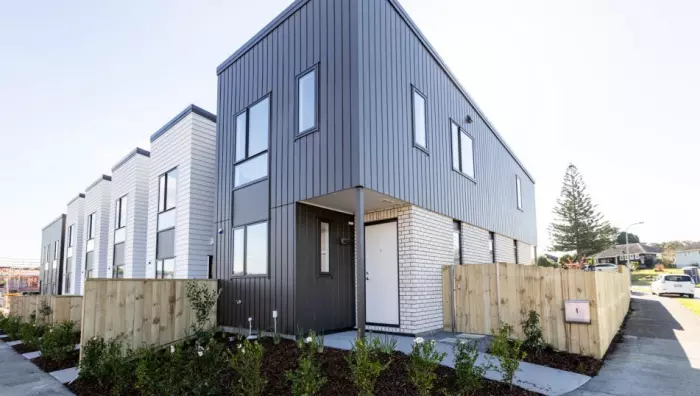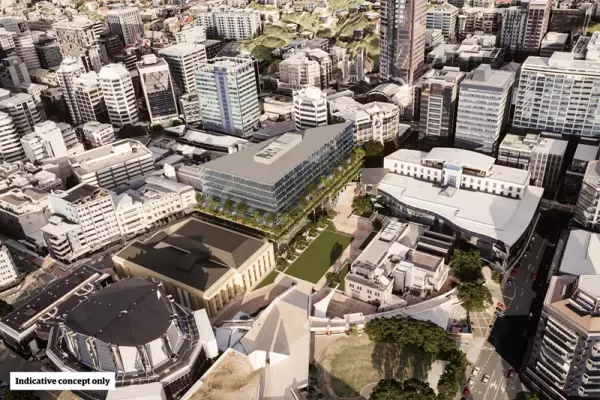The government and National have jointly rolled out a new bill to amend the Resource Management Act and accelerate development of higher density housing in major cities.
The Resource Management (Enabling Housing Supply and Other Matters) Amendment Bill, aims to zone more space for new housing, and cut consent requirements across both intensified building and greenfields development.
The new rules will mean three homes of up to three storeys can be built on most sites without resource consent. Current district plans allow for one home of up to two storeys.
Housing minister Megan Woods said the streamlined rules, which bring forward the National Policy Statement on Urban Development (NPS-UD), could see between 48,200 and 105,500 new homes built in the next five-to-eight years across New Zealand’s five largest urban cities.
The bipartisan nature of the announcement was motivated by National’s initial proposal to work on an urgent solution to the housing affordability crisis in January.
Woods said the changes were designed to complement other initiatives including the $3.8 billion housing acceleration fund, $460 million for housing and urban development projects and $380m set aside for Māori housing.
National’s housing and urban development spokesperson Nicola Willis said the bill is a “win-win” that will deliver more choices for future homeowners and enhance the ‘right to build’ for property owners.
Competitive landscape
Willis said the rules will also make it easier for dwellings to be added to existing sections in urban areas, which will increase competition for buildable land, and reduce the cost and delays caused by the consenting process.
Woods said the bill will benefit first-home buyers in particular.
“New Zealand’s housing shortage is being made worse in our biggest cities by limits on the number and types of houses that can be built. These changes will enable more homes that are attractive to first home buyers to be built in areas closer to their work, public transport and community facilities.”
She said earlier cost benefit estimates by PwC on the National Policy Statement, that 72,000 additional dwellings could be expected by 2043 through intensifying policies in tier 1 urban areas, are likely to be "conservative".
The new residential standards will enable landowners to build up to three homes of up to three storeys on most sites up to 50% maximum coverage of the site without the need for a resource consent.
Some exemptions
Environment minister David Parker said there will likely be exemptions in the medium density rules in areas where intensification is inappropriate, such as where there is a high risk of natural hazards, or a site has heritage value.
Parker said the implementation of the NPS-UD has been sped up so councils in greater Auckland, Hamilton, Tauranga, Wellington and Christchurch have their intensification policies and rules in place by August 2023, at least a year earlier than under current timelines.
National's Willis said the select committee process will create an opportunity to hear feedback from builders, developers, local authorities, homeowners and renters on how to can make the bill better.
“They mean fewer everyday homeowners will be held hostage by bureaucratic consenting processes when they look to develop new housing on their property," she said.
“This is a technical piece of legislation and it’s important we get it right.”















